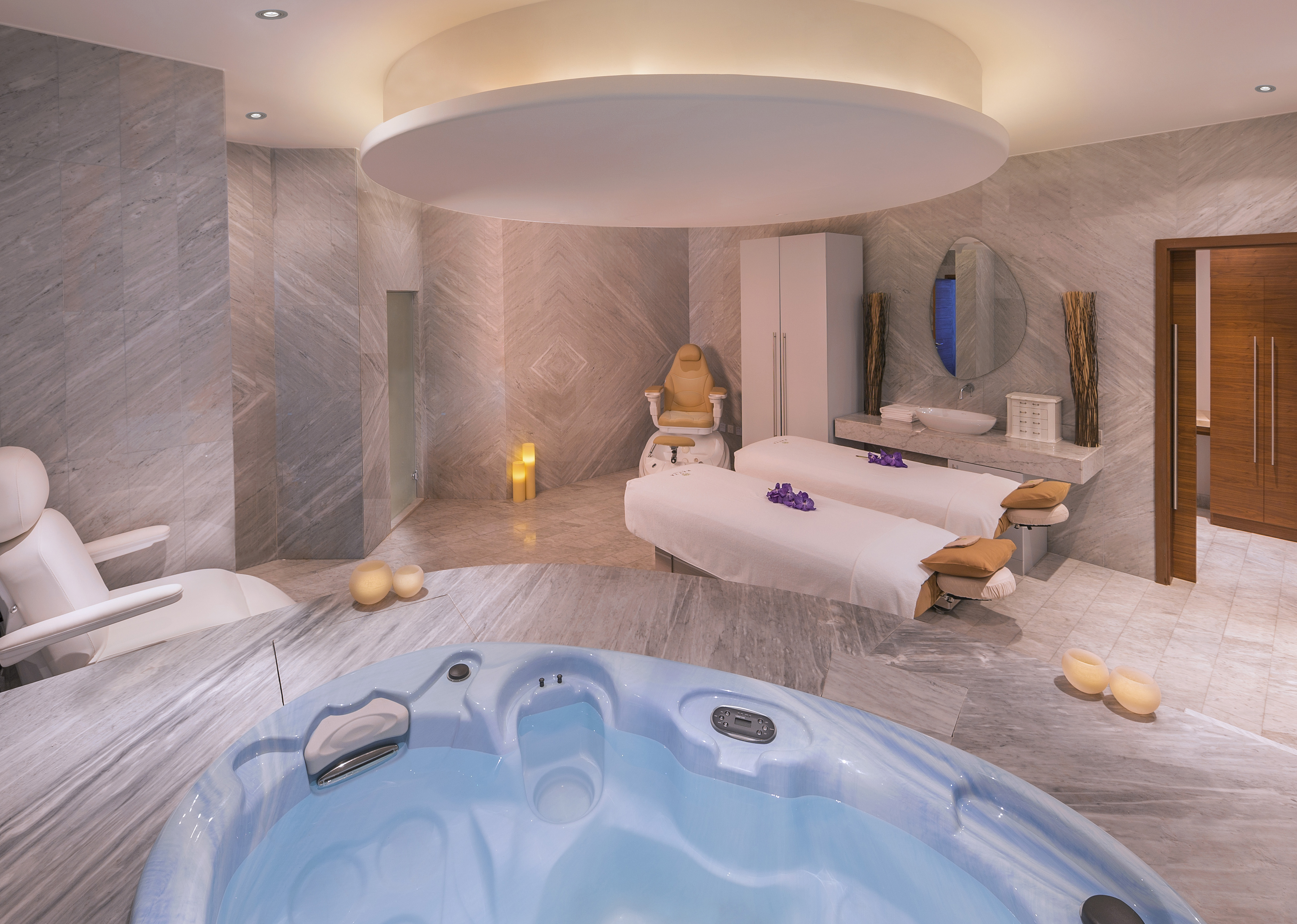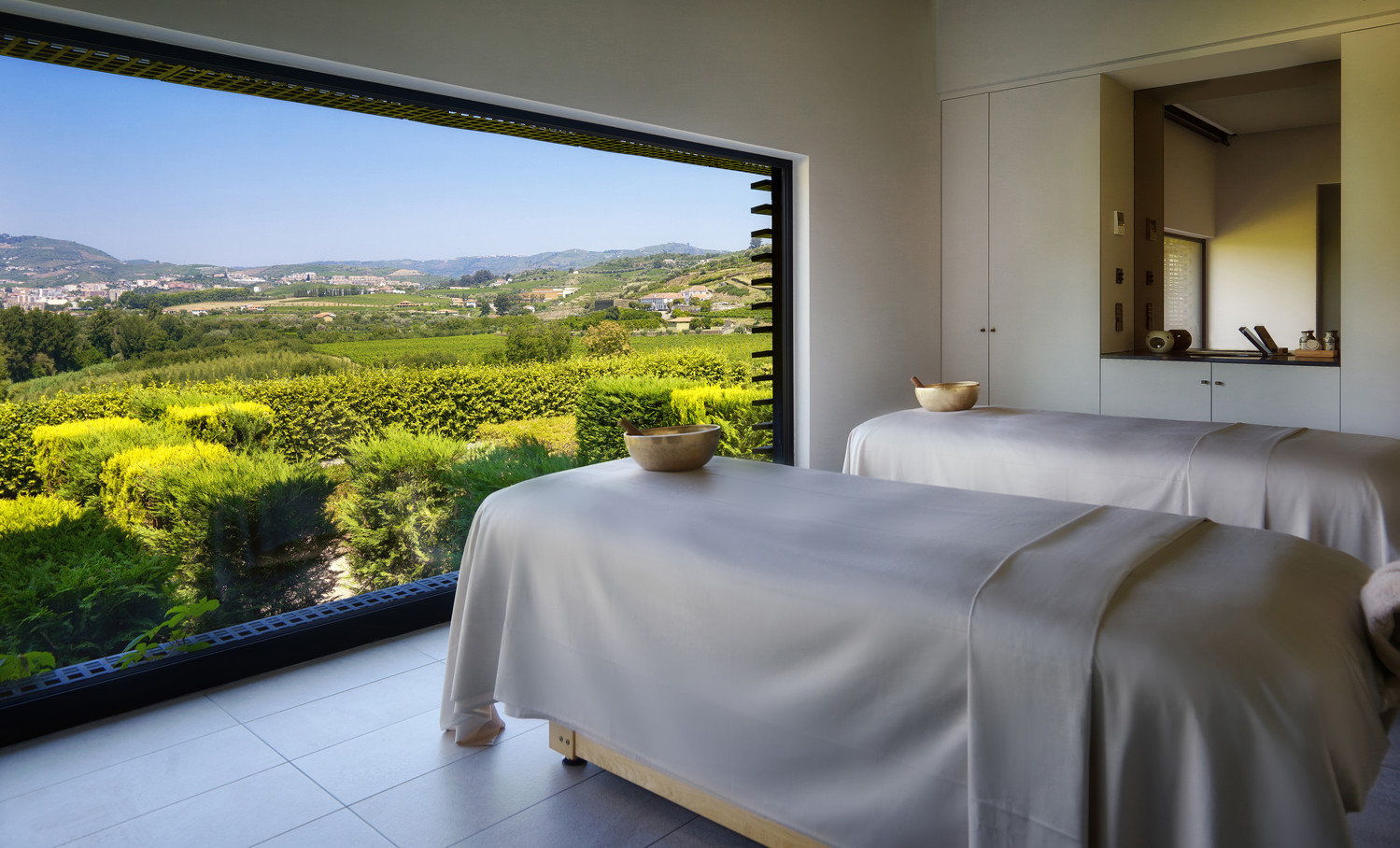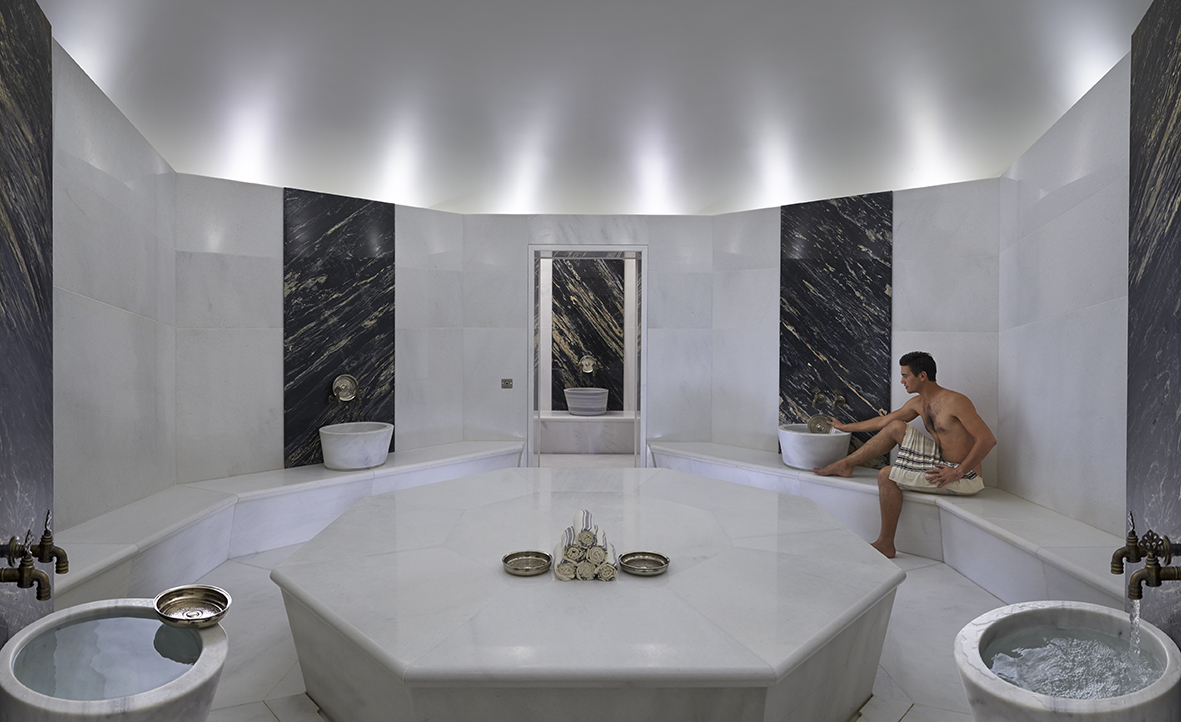Does your spa need a wellness director?

Though historically under the responsibilty of spa, wellness now influences all aspects of hotel and resort operations, from human resources (HR) right through to food and beverage (F&B).
With this in mind, the need for a leader to connect and coordinate interdepartmental wellness strategies has grown organically and, as a result, a new role has emerged – wellness director.
Last year, several major hotel groups implemented this role in their businesses, which wellness bosses say calls for a very different skill set to that of a traditional spa director. “As well as a background in wellness, the wellness director needs to be entrepreneurial, have strong leadership qualities, a willingness to take initiative and be a great communicator,” says Anna Bjurstam, vice president of spa and wellness at luxury spa and resort brand Six Senses.
Bjurstam designed a wellness director role for the Six Senses group last year and has been trialling it since in three locations, with plans to roll the position out to all properties by Q2 of 2019. In the future, she envisages that the wellness director will have responsibility for employee wellness programmes as well as sustainability initiatives, developing into a pivotal role within the company.
“It has the potential to be such a big role,” says Bjurstam. “Hotels are currently experiencing lots of change and are in a period of transformation. We’re not yet sure where this change will take us exactly but it’s happening, and a position such as wellness director could be the one that holds that change.”
Though still in the early stages, many other hotel businesses such as Hyatt and AccorHotels are recruiting for wellness directors, albeit in different guises. We asked three hotel groups about the benefits and challenges involved in implementing this role and why employing a wellness director could transform your business
Image: Six Sense Duoro Valley treatment room
Case study: Six Senses
Number of wellness directors: 3
Last year, wellness directors were appointed at three Six Senses locations – Douro Valley, Portugal; Kaplankaya, Turkey; and Zighy Bay, Oman – as part of an initial trial phase to see how the role would work. The position was created, developed and overseen by Anna Bjurstam, vice president of spa and wellness at Six Senses, and was something she believed the business needed.
“The spa is just one aspect of wellness in our locations and I felt that wellness was becoming a bit fragmented, with so many departments doing different things. I realised that we needed a much broader role than that of the spa director, we needed a wellness leader,” she says.
“We’re currently still trialling the position to ensure we find the best way of implementing the role because it means introducing a whole new reporting system and structure within our locations. The idea is to bring all current wellness activities under one roof and then, most likely, add to it in the future. For instance, going forward we’ll bring sustainability under the umbrella.”
Bjurstam says the spa director role will remain, focusing strongly on spa operations but reporting in to the wellness director, who will also liaise with F&B, front of house, HR and other business functions throughout each property on all things wellness, bringing it succinctly together.
“We’re designing ‘experience centres’ in Six Senses properties to allow guests to book all activities, including spa treatments, in one place, rather than having to talk to various different people, as they do now, which is quite cumbersome. We have trialled this in Douro Valley and guests were very satisfied because it makes things so much simpler. The wellness director is pivitol in this role,” she explains.
“In the future, the wellness director may even be responsible for wellness design in our locations, so the role will not only be operational but have a developmental aspect to it too.”
Bjurstam reports that despite there being some resistance to change during this trial phase, it has largely been positive, adding that the new role might be a natural progression for some spa directors.
“We have very experienced and educated spa directors and at some locations we will probably promote them, if they are interested in the job,” she explains.
Image: Mandarin Oriental Marrackech hammam area
Case study: Mandarin Oriental
Number of wellness directors:26
In recent years, the decision was made at hotel and resort group Mandarin Oriental to rename its spa division to “spa and wellness” as part of a wider wellness emphasis within the business. Simultaneously, spa directors became spa and wellness directors and it meant much more than a simple title change.
Jeremy McCarthy, group director of spa and wellness at Mandarin Oriental, says these roles have a new dimension and have been totally transformed. Spa managers and treatment managers have been afforded extra spa responsibilities, reporting to the spa and wellness directors who, while still overseeing the operation, work on wider wellness initiatives across their property.
“Our spa and wellness directors are now collaborating with human resources on colleague wellness initiatives for employees, for example.They also work with the rooms division on wellness amenities and experiences in the guest rooms, and with sales and catering on our new mindful meetings programme, which brings wellness into the meetings spaces," explains McCarthy.
"The spa continues to be a core part of our wellness offering and needs strong, focused leadership to be successful,” he adds, “but, the roles of the spa operation managers and treatment managers have become even more important, while the director broadens their focus to other wellness initiatives for guests and colleagues.”
McCarthy admits that in an industry suffering a skills shortage, recruiting for the spa and wellness director role has been fraught with difficulty. “It is a huge challenge to get the right people for this role,” he admits, citing the main problem as finding people with the perfect marriage of business skills and in-depth wellness knowledge and experience.
“Wellness directors must have strong leadership and customer service skills. To be successful in the role, they must have an understanding of business and marketing, and be knowledgeable and passionate about holistic wellness,” explains McCarthy.
“This is not an easy combination of skill sets to find and the demand for these kinds of individuals is growing rapidly across all industries, making them even more scarce.”

Image: Accor MGallery VIP treatment room
Case study: Accor Hotels
Number of wellness directors: 4
The role of wellness director was imagined and launched within the AccorHotels group in 2018. Though the job is still in the embryonic stage, and the full details of how this will work operationally are still being ironed out, there are now several wellness director roles in place at various properties across the globe – with plans afoot for the appointment of more throughout this year.
Lindsay Madden-Nadeau, global director of wellbeing at Accor Luxury Brands Raffles, Fairmont and MGallery, explains: “Our first wellness director role was dedicated in early 2018 with the opening of The Retreat Palm Dubai MGallery, which is a full wellness concept hotel.
“Later in the year, we identified a regional wellness director for South East Asia. This was quickly followed by us recruiting for a wellness director role at the opening of the Fairmont Sirru Fen Fushi in the Maldives. We now also have this role at the Fairmont Grand Del Mar in the USA.”
The group plans to more strongly implement this role at properties across the Accor platform throughout this year. In addition to improving guest experience, Madden-Nadeau says that one of the integral jobs of their wellness directors is to facilitate staff wellbeing. “The wellness director not only ensures the wellbeing of our guests, but also that of our colleagues, who represent the key values of each of our brands."
“So, in addition to interacting with guests to encourage and create awareness on our wellness programming, they also need to set up initiatives internally to build awareness and allow colleagues space and time to practice what we preach,” she explains.
Like McCarthy and Bjurstum, Madden-Nadeau says recruitment has had its challenges. “For a role like this, our colleagues have to live and breathe the essence of wellbeing and not just have expertise in spa or fitness. It’s about the entire guest wellbeing experience, which also includes in-room dining and outdoor activities,” she says.
“For this reason, it requires a variety of different expertise outside just spa. We are hopeful that this position naturally evolves going forward.”




